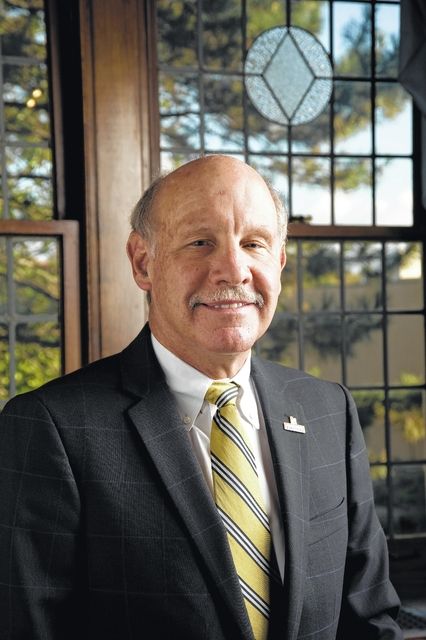Click here to subscribe today or Login.
I was in Ireland when the British voted to exit the EU. Few cheered. Most expressed grim acceptance. The same was true in Northern Ireland and Scotland where as part of the United Kingdom they had cast an overwhelming vote to “stay.”
The shock of the Brexit vote has now been heard around the world. Financial, currency and even real estate markets have reacted as many economists had warned. The pound slid to a 30-year low against the dollar and the UK’s bond rating was lowered. Politicians and policy practitioners appear disoriented at best. Those such as Boris Johnson, the former mayor of London and Brexit proponent, are like the proverbial dog that caught the bus— now what do I do?
Meanwhile Great Britain bides for time with the EU bureaucracy that fears elongated negotiation of special deals with a departing partner will create impetus for other countries to leave. Already many in Great Britain who voted for the “divorce” are now learning that the patriotic rhetoric calling for “independence” from the EU was at best over exuberant and at worse based upon false pre-election promises.
It now appears that Nigel Farage, a British member of the European Parliament, and others leading the Brexit movement, significantly overstated the supposed 350 million pounds a month that Britain would save from exiting. They had promised the savings could be used for British healthcare and social programs. And as far as immigration is concerned, any ongoing arrangements with the EU will no doubt require more open borders than the “leaves” had envisioned. Further the pro-Brexit pre-election rhetoric to the effect that the EU would “go easy” on negotiations with Great Britain now seem naïve at best.
The argument for staying in the EU was not well made. A major reason was that the playing field was uneven from the beginning. The complexity of the reasons for staying as opposed to the simplicity of arguments made for leaving represented a major hurdle.
One of the most difficult economic concepts to understand is that of comparative advantage. Countries which specialize in the production of goods and services should, of course, produce those goods and services. However, what happens when a country has an advantage in producing many goods and services relative to other trading partners? Those who understand comparative advantage know that a country with many production options should specialize in creating goods where they have the highest level of efficiency. In turn they should buy goods and services from countries that produce them less expensively. All trading partners benefit under such arrangements.
The EU is a solid application of comparative advantages. It allows all member countries to benefit by eradicating trade inefficiencies such as tariffs and enhances the flow of the factors of production, like capital and labor among member states. When such a system is in place there is greater production of goods and services in all countries. As a result greater wealth is created for all EU inhabitants.
Those with less appreciation for comparative advantage are easily swayed by the intuitive argument that in all trade there can only be winners and losers. Add to this the inevitable fear that many, particularly older Brits had about the impact of globalization on their own jobs, their perceived inability to keep up with the pace of knowledge necessary to remain employable in a globalized economy, and their fear of immigrants created a perfect storm against the “stay” vote.
The dismay that I heard in Ireland on the Friday morning following the election is now widely shared. But the results of the vote has yet to be fully felt. What is clear is that the lack of public understanding in Britain about some basic economic principles such as comparative advantages enabled politicians to dupe voters. Many of these voters are now expressing deep regrets.
The lessons that can be learned from the Brexit vote in this country are many. They don’t necessarily apply to any one presidential candidate. But the lessons do suggest that accepting simple answers to questions involving complex economic circumstances can be harmful. Rather such issues should be dealt with through the presentation of policy alternatives based on sound economic thinking. They should not be decided upon using overly simplistic rhetoric designed to play into inherent human biases.





